Prestigious CLIDE studies start now!
The Nicolaus Copernicus University in Toruń is the second university in Poland to coordinate the international Erasmus Mundus Joint Master's program: interCultural Leadership in the Digital Era (CLIDE). This is a distinction and an opportunity to raise education to a new international level.
The CLIDE project began on November 1. The Nicolaus Copernicus University in Toruń signed an agreement with the European Education and Culture Executive Agency (EACEA) worth EUR 3.6 million. The project involves the implementation of a new international master's degree program in collaboration with the University of Granada (Spain), the University of Applied Sciences Upper Austria (Austria), Simon Kuznets Kharkiv National University of Economics (Ukraine), and Universite Hassan II de Casablanca (Morocco). Preparations for the admission of the first students in the 2026/2027 academic year have already begun during a meeting at the Nicolaus Copernicus University.
The CLIDE is a strategic project for our University, says dr habil. Magdalena Barwiołek, NCU Prof. and Vice-Rector for International Relations. “We are proud to be its leader. It also shows how strong our university's position is in international education. This is certainly not the last such initiative at the Nicolaus Copernicus University. We are already thinking about the next ones.".
The international joint studies carried out as part of the Erasmus Mundus Joint Master are recognized worldwide. The best students compete for a place in the programme, and some of them can count on high scholarships provided by European funds. A hallmark of EMJM programmes is also the mandatory mobility of students, which is why studies take place at several universities.
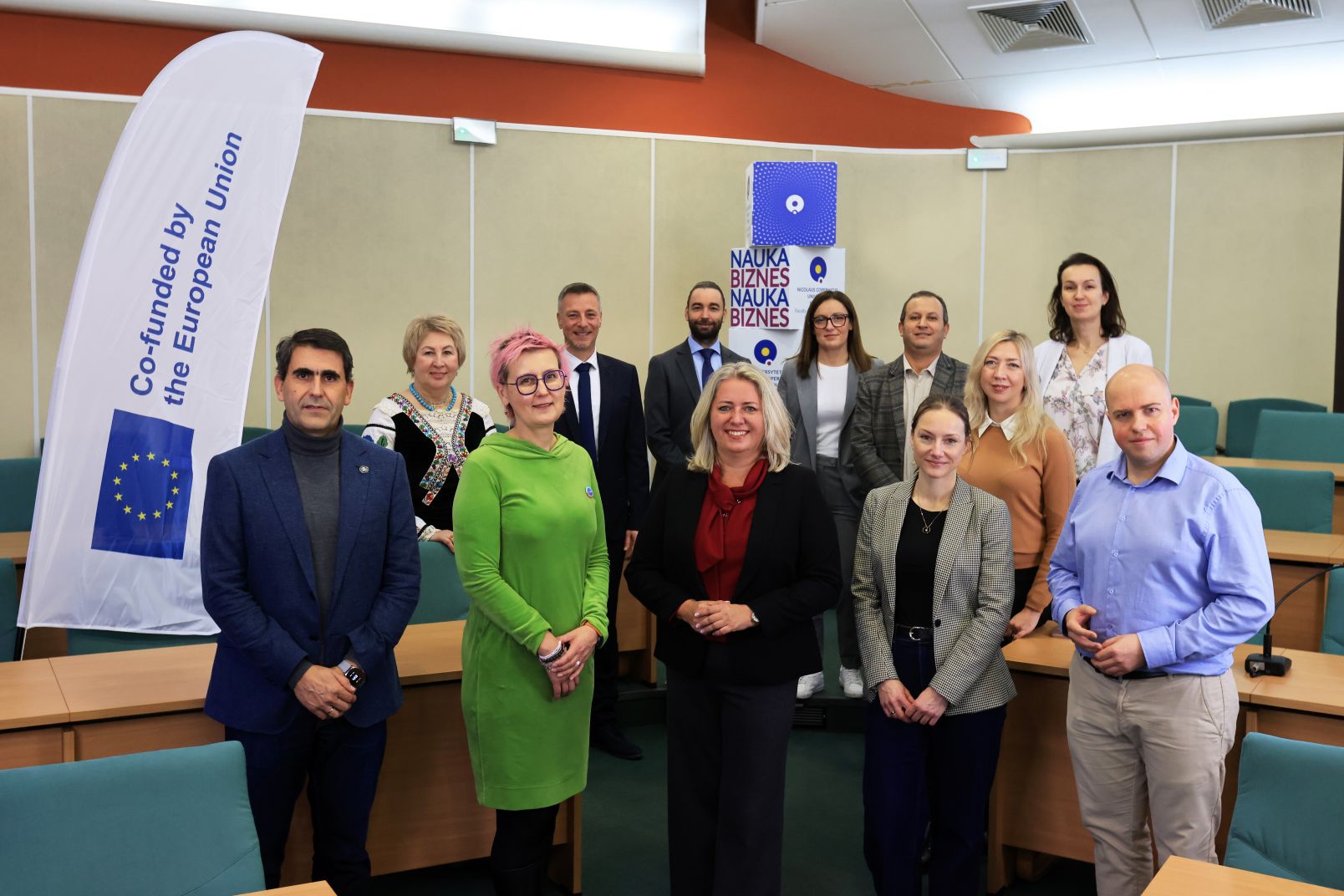
Sławomir Kowalski
The Intercultural Leadership in the Digital Era program aims to meet the needs of students as future professionals in various environments related to managing distributed, intercultural, and international teams. Due to the ongoing digital transformation of organizations, there is a growing demand for professionals with the digital and leadership skills necessary to manage complex teams. The programme aims to strengthen students' international experience in leadership and e-skills and increase their employability through a mandatory internship policy. Although the first participants in the programme will not arrive at the NCU until next year, intensive work is already underway to establish the programme and finalize the details of the admission requirements.
This is another project implemented at the Faculty of Economic Sciences and Management concerning international joint education, says dr. Mateusz Tomanek, program coordinator. We already have some experience in this area, and the European Commission has recognized our efforts and contribution to the implementation of a partnership that extends beyond the borders of the European Union. In their assessment of the project, the reviewers noted that one of its strengths was the preparation of the application in the area of EQAR (European Quality Assurance Register) assurance.
The project is co-financed by the European Union and will end in 2031. However, the Alliance may seek additional support in subsequent years.
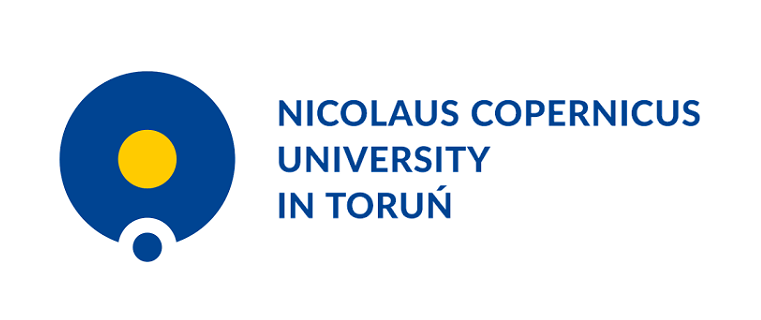 NCU News
NCU News






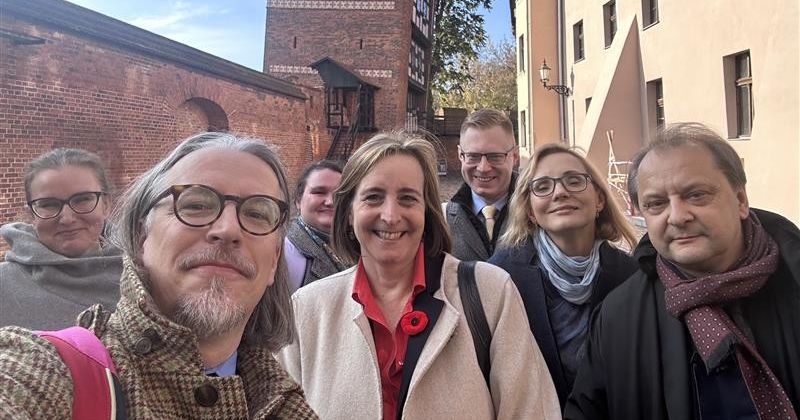 Campus life
Campus life
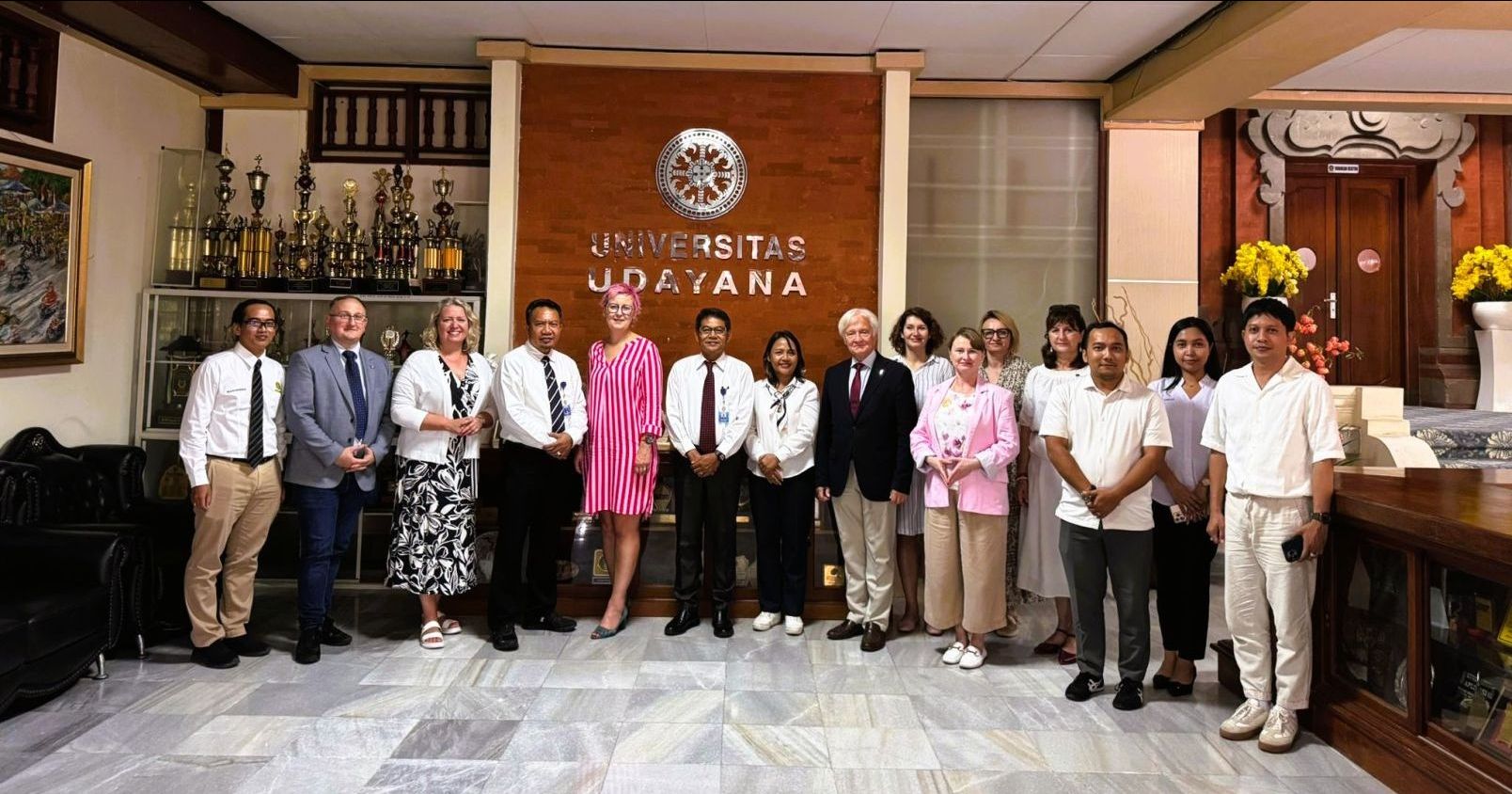 Campus life
Campus life
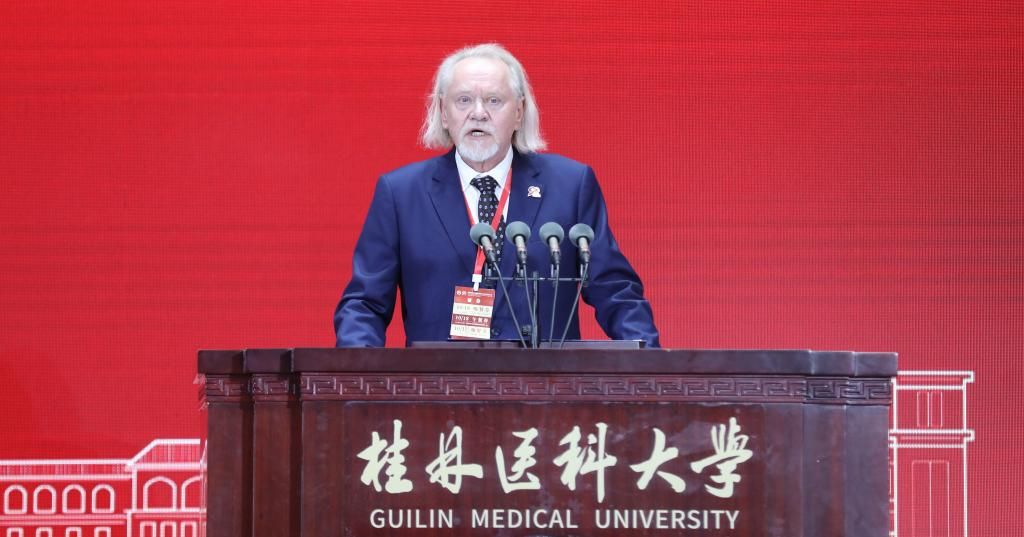 Campus life
Campus life
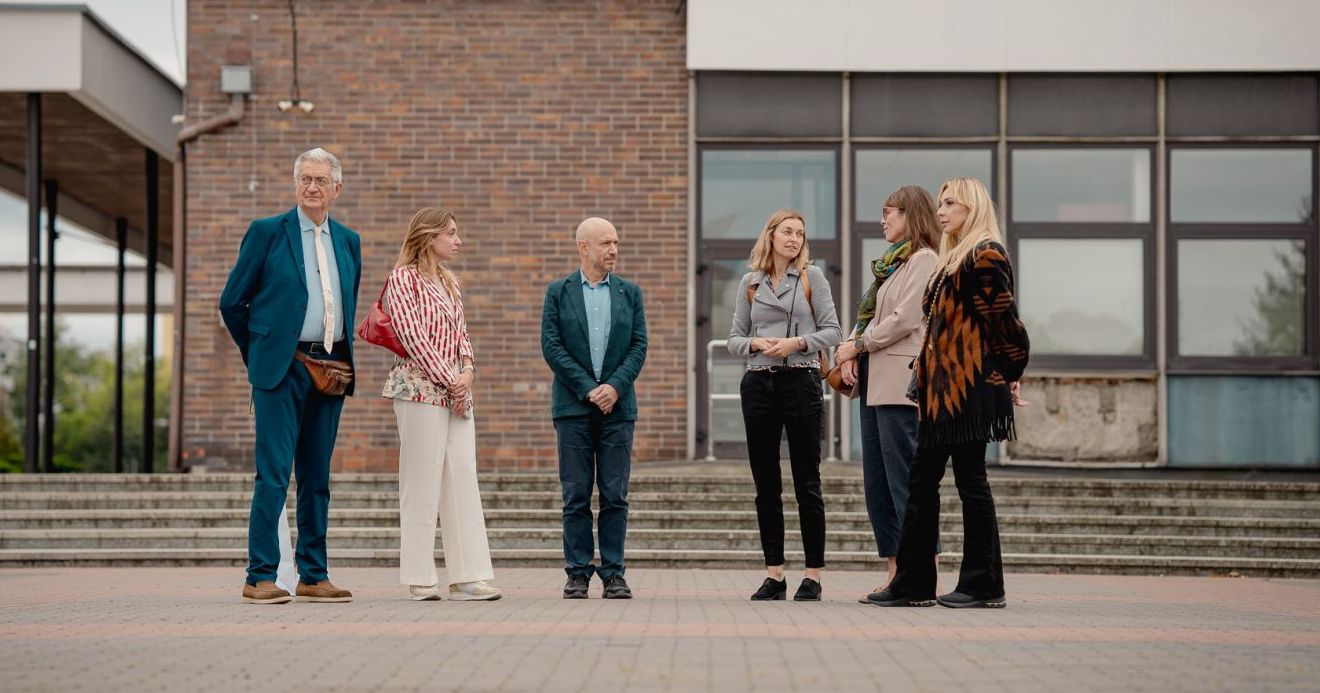 Campus life
Campus life

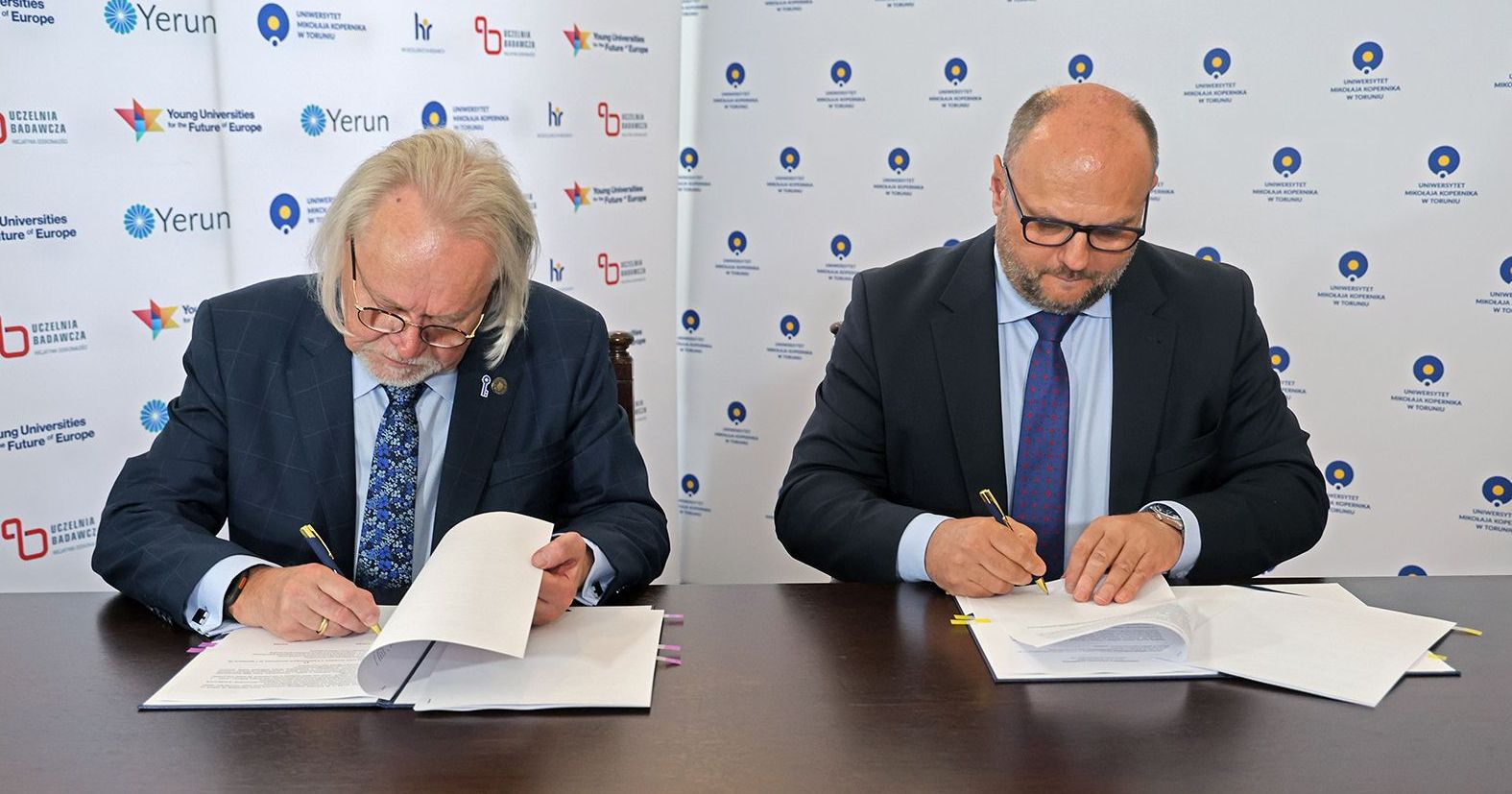 Campus life
Campus life
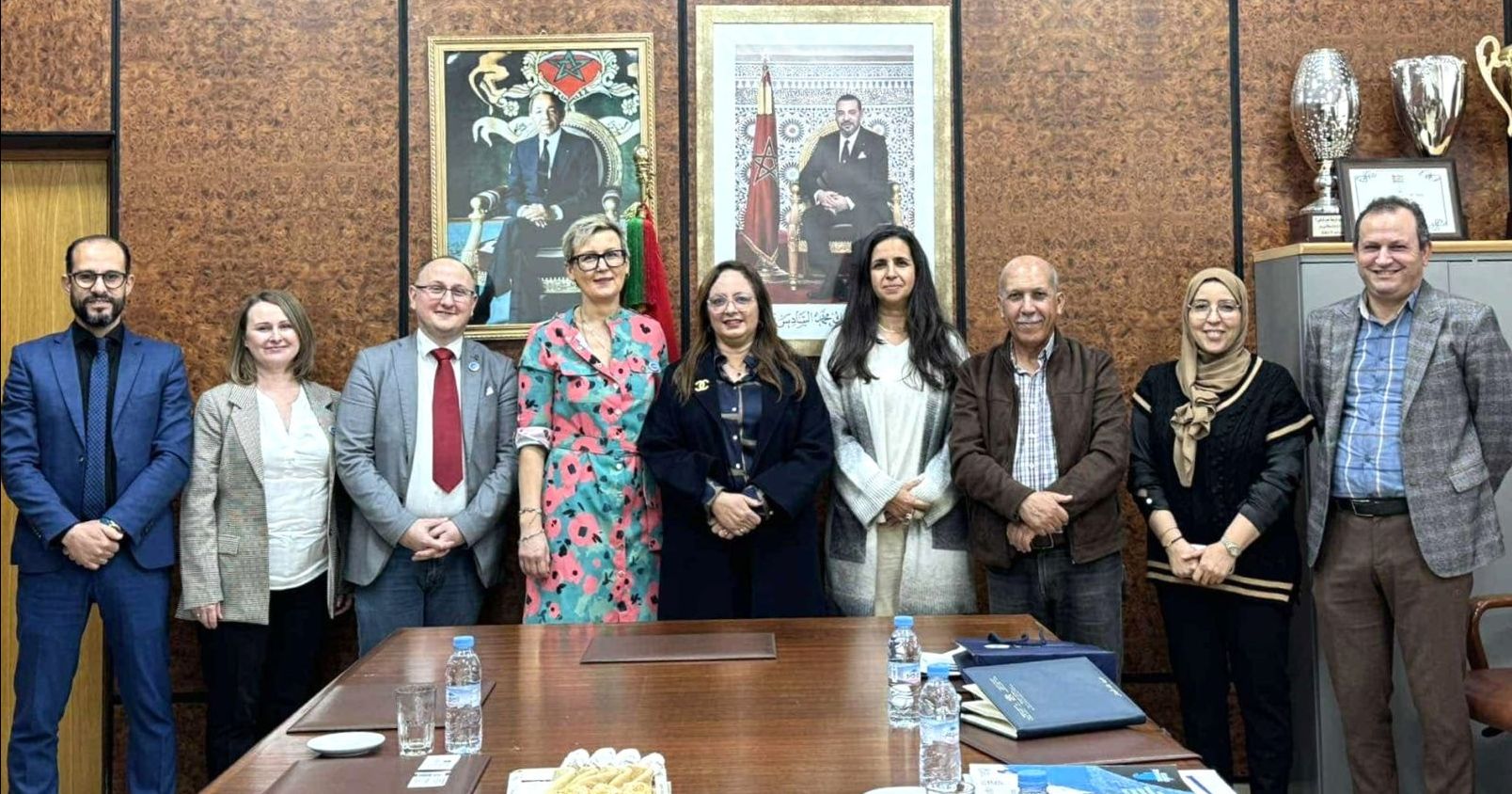 Campus life
Campus life